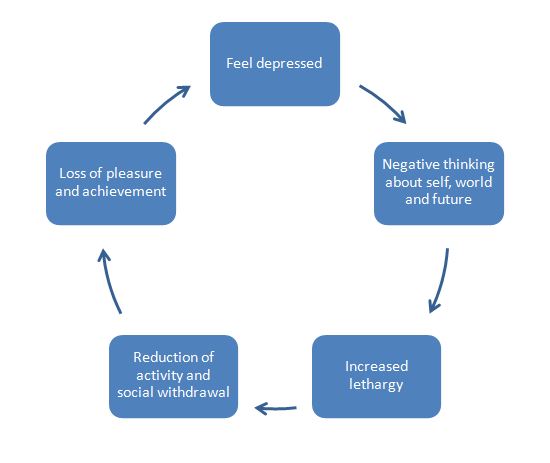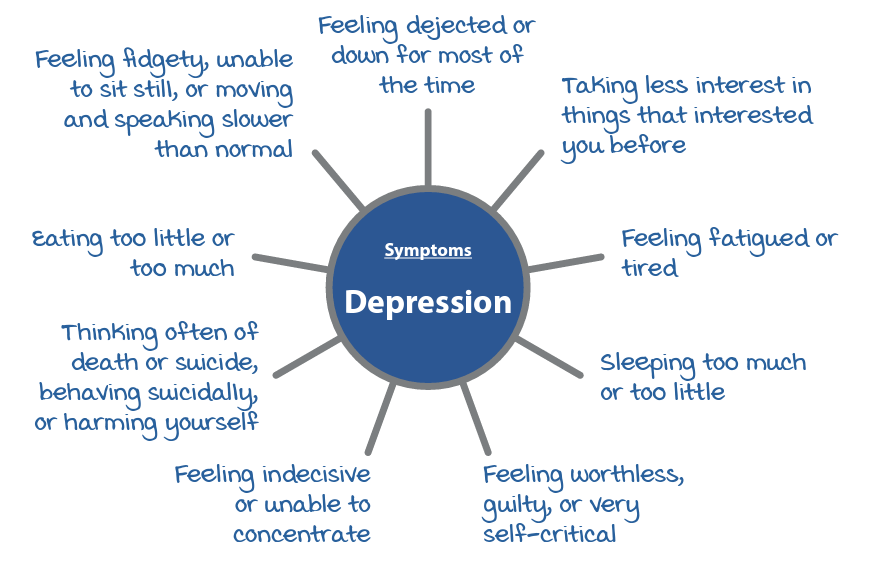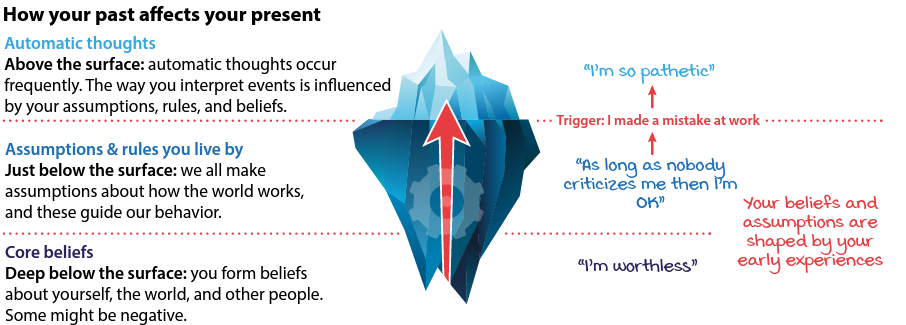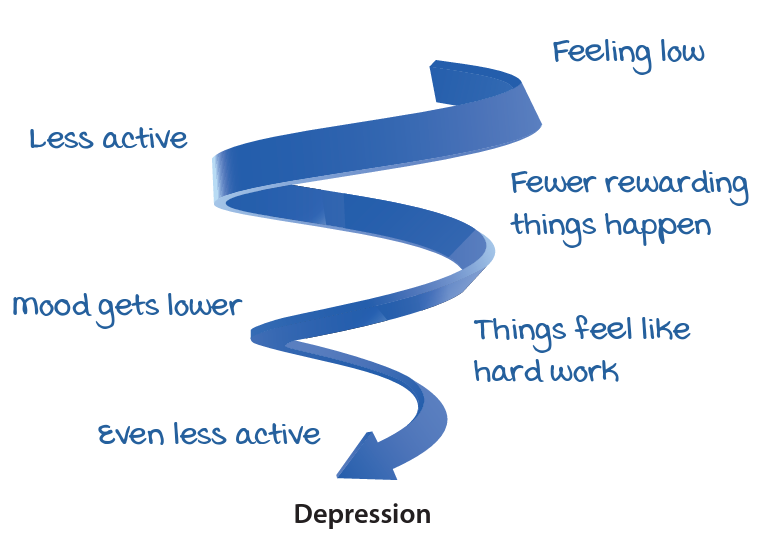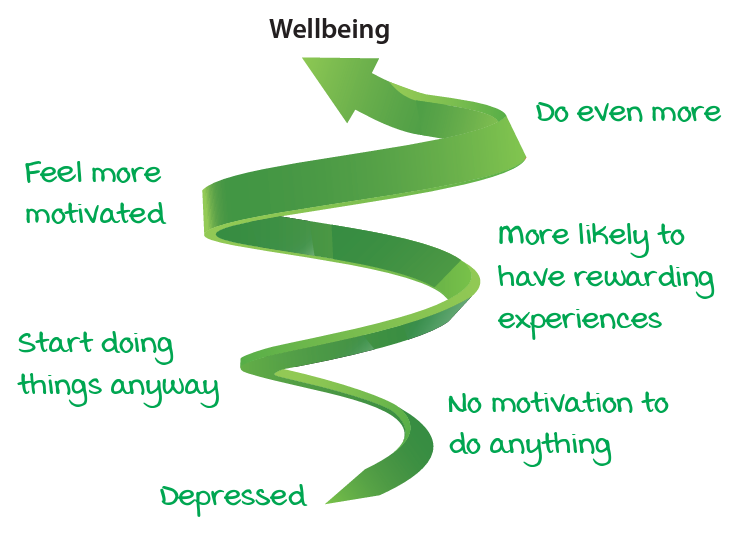Brain chemistry may contribute to an individual’s depression and may factor into their treatment. For this reason, antidepressants might be prescribed to help modify one’s brain chemistry. These medications are not sedatives, “uppers” or tranquilizers. They are not habit-forming. Generally, antidepressant medications have no stimulating effect on people not experiencing depression.
Antidepressants may produce some improvement within the first week or two of use yet full benefits may not be seen for two to three months. If a patient feels little or no improvement after several weeks, his or her psychiatrist can alter the dose of the medication or add or substitute another antidepressant. In some situations, other psychotropic medications may be helpful. It is important to let your doctor know if a medication does not work or if you experience side effects.
Psychiatrists usually recommend that patients continue to take medication for six or more months after the symptoms have improved. Longer-term maintenance treatment may be suggested to decrease the risk of future episodes for certain people at high risk.
As a therapist, I don’t advise if individuals must take medication. Usually, I try to work with individuals first even if they have moderate and severe levels of depression. However, if after a few sessions, I don’t see improvement in the ability to engage in therapy, I refer to a Psychiatrist. I always invite the client to decide their care every step of the way. Nothing is ever forced on a client.
